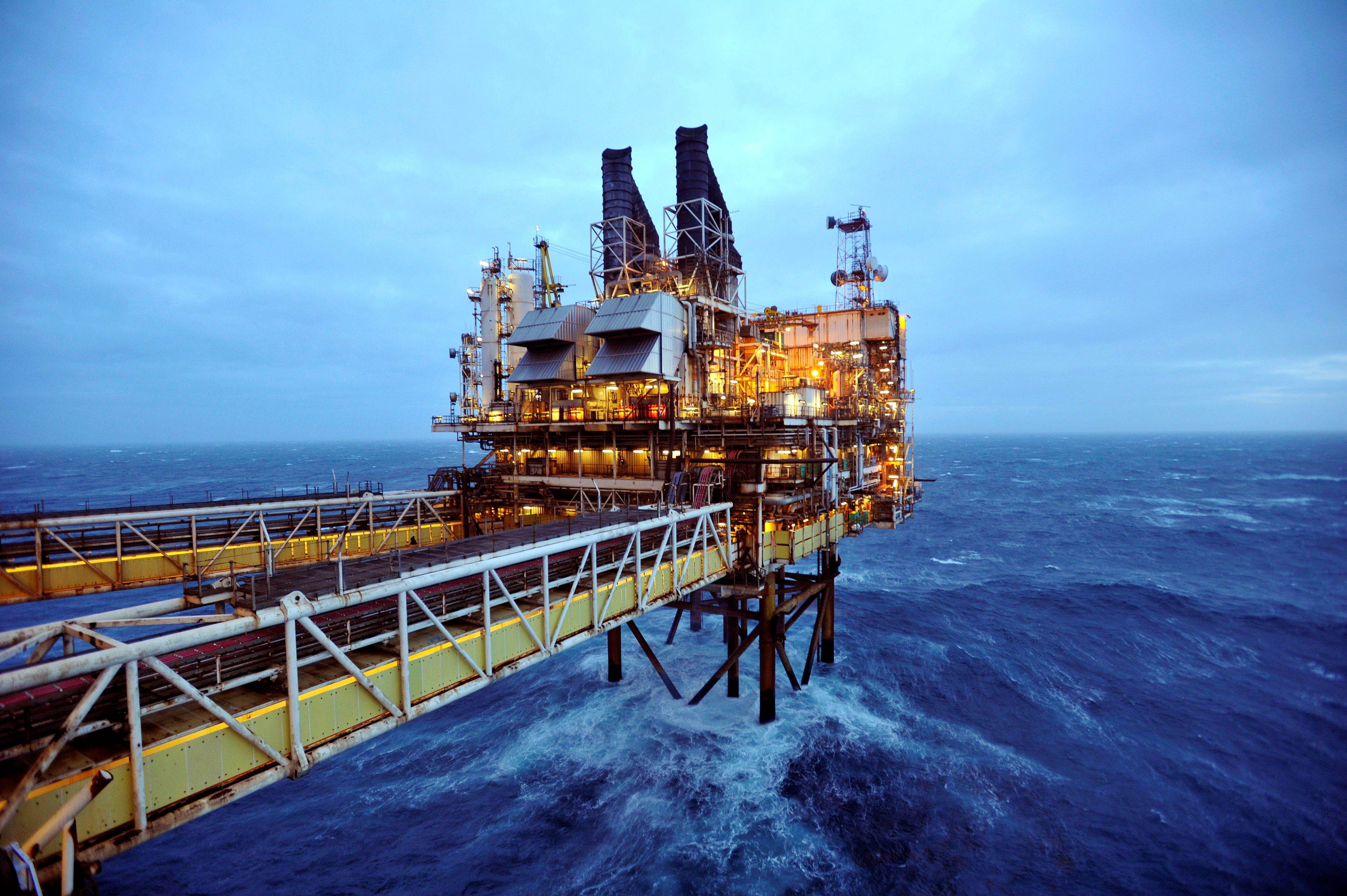EU Dispute on Dealing with Energy Price Rises
The EU would not react hastily in light of surging energy prices in Europe as said rise poses a threat for the EU energy market.
-

BP Eastern Trough Area Project (ETAP) oil platform in the North Sea, about 100 miles east of Aberdeen in Scotland, February 24, 2014.
European foreign ministers held an emergency meeting on Tuesday as globally surging energy prices are putting the European Union's energy market on the line. Despite the gravity of the issue, officials said the EU would not react hastily.
The ministers held their meeting in Luxembourg, and it was to discuss an issue backed by 11 EU member states: Rejecting 'deep-rooted reforms to the market,' an action proposed by Spain, France, and Germany.
The meeting also backed the states in their rejection of the proposal, as the ministers agreed that price hikes "jeopardized the integrity of the European energy market," Jernerj Vrtovec, the Slovenian infrastructure minister, told reporters.
The ministers agreed they "should not rush into rash decisions," Kadri Simson, the EU energy commissioner, said.
Energy prices surged in Europe, which depends largely on importing its energy. The surge is caused by the revival of the economies of many countries following a recovery from the COVID-19 pandemic.
EU member states widely endorsed a "toolbox" of short-term measures, which was available to them. Said 'toolbox' relies on temporarily cutting national taxes on energy, which account for nearly a third of power bills.
This meeting was preceded by a summit last week held to discuss the same issue, and it will be followed by the COP26 climate summit in the UK next week.
Spain headed to the meeting with the aim of persuading the other member states to support a hike in gas prices and joint EU gas purchases. However, the member states not backing this proposal was surprising, as it follows the same path as the EU's successful attempt at procuring COVID-19 vaccines.
France has backed this proposal, as it was eager to separate the gas price from the overall price of energy, which goes well along with its local energy that mostly depends on nuclear power (70%).
11 countries, including Austria, Denmark, Finland, Germany, Ireland, the Netherlands, and Sweden, backed a statement opposing fundamental changes to the EU's market.
Simson said there was "broad consensus" that the current price hike was temporary and "caused by the extraordinary global gas demand - not our market design."
Luxembourg, one of the states opposing the proposal, said Sweden and Belgium joined the coalition, upping the number of countries opposing it to 11.

 3 Min Read
3 Min Read








